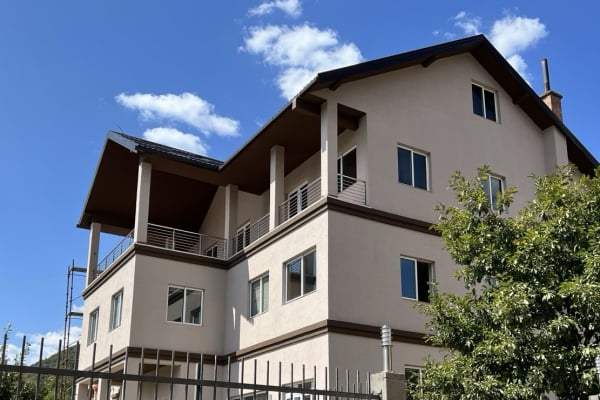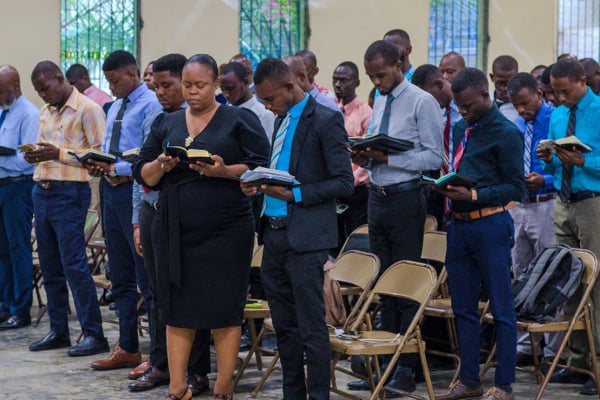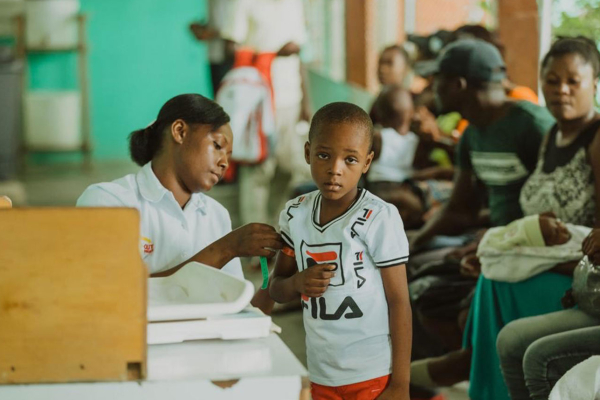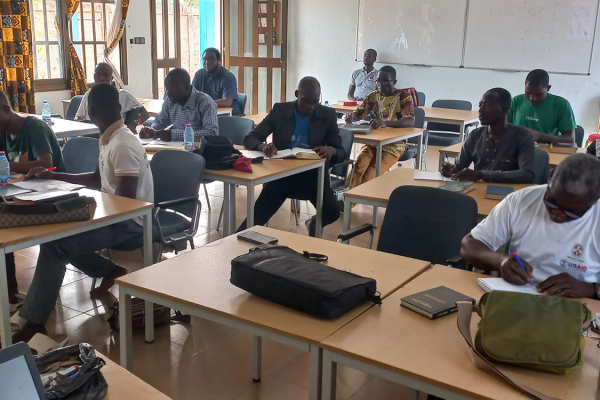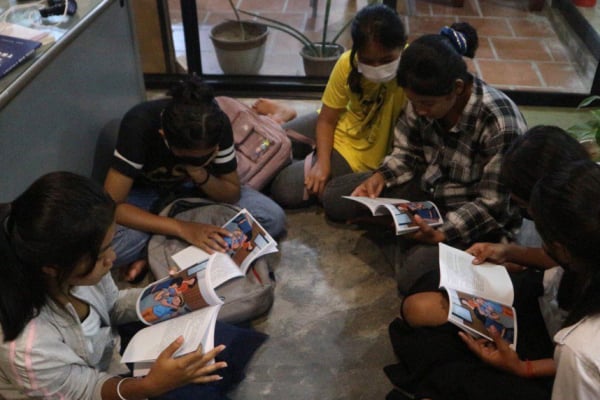
Discipling the Disciple-Makers
Jesus entrusted His disciple-making mandate to His church. But for the past century, mission agencies have taken the lead in most aspects of sending cross-cultural workers, asking the local church to “pay and pray.” Thankfully, this has begun to change significantly in the last 10 years as churches are taking ownership and engaging in the global mandate. In this series, we will look at the different aspects of the journey that a church and cross-cultural workers may take together in making disciples of all nations.
The church should be all about discipling God’s people to be disciple-makers, whether they are vocational ministry workers (such as pastors) or marketplace ministry workers (such as programmers). Every home, neighborhood and workplace is a sacred venue to love God and others, working creatively and inviting others to be followers of Jesus. The local church — God’s people, not the building — is the environment in which His followers learn to live and love like Jesus and help others to do the same by engaging non-believers and believers where they live and work.
This is especially true when the church will invest considerable time, resources and care in their potential (and actual) cross-cultural workers. While Bible schools, seminaries and mission organizations may be part of the discipling process, the local church in its disciple-making mandate is central to identifying, preparing, sending and caring for its cross-cultural workers.
IDENTIFYING | What is the “missionary call”? How should we understand this very familiar expression that sometimes confuses more than it helps? Who is responsible to identify whether or not a person has been “called” to work cross-culturally?
PREPARING | How does the church come alongside its prospective workers? How can it assess where a person is in his or her journey with God and others? What does it look like for a church to be central in the spiritual formation of the disciple-makers it is discipling, so that they can help others to do the same?
SENDING | What does it look like for the church to send workers on their way in a manner worthy of God (3 John 6)?
CARING FOR | Who is responsible to care for the worker at home and abroad? What is involved in this care? How can agencies and churches effectively work together in this task (and in the whole process)?
Read the series: Part 1 | Part 2 | Part 3 | Part 4 | Part 5
The church should be all about discipling God’s people to be disciple-makers, whether they are vocational ministry workers (such as pastors) or marketplace ministry workers (such as programmers). Every home, neighborhood and workplace is a sacred venue to love God and others, working creatively and inviting others to be followers of Jesus. The local church — God’s people, not the building — is the environment in which His followers learn to live and love like Jesus and help others to do the same by engaging non-believers and believers where they live and work.
This is especially true when the church will invest considerable time, resources and care in their potential (and actual) cross-cultural workers. While Bible schools, seminaries and mission organizations may be part of the discipling process, the local church in its disciple-making mandate is central to identifying, preparing, sending and caring for its cross-cultural workers.
IDENTIFYING | What is the “missionary call”? How should we understand this very familiar expression that sometimes confuses more than it helps? Who is responsible to identify whether or not a person has been “called” to work cross-culturally?
PREPARING | How does the church come alongside its prospective workers? How can it assess where a person is in his or her journey with God and others? What does it look like for a church to be central in the spiritual formation of the disciple-makers it is discipling, so that they can help others to do the same?
SENDING | What does it look like for the church to send workers on their way in a manner worthy of God (3 John 6)?
CARING FOR | Who is responsible to care for the worker at home and abroad? What is involved in this care? How can agencies and churches effectively work together in this task (and in the whole process)?
Read the series: Part 1 | Part 2 | Part 3 | Part 4 | Part 5
.png)


